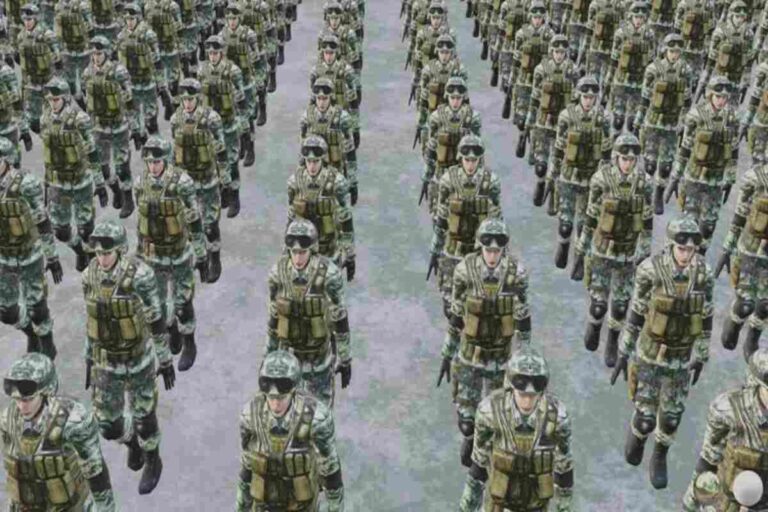

British Soldier Jailed for 14 Years After Spying for Iran and Fleeing Prison. (Photo/ PA Media)
Woolwich, UK (EPICSTORIAN) – Daniel Khalife, a former British Army soldier, has been sentenced to 14 years and three months in prison for spying for Iran and escaping from HMP Wandsworth.
Convicted under the Official Secrets Act and the Terrorism Act, he was found guilty of collecting sensitive military information and passing it to Iranian intelligence officers in exchange for money.
Daniel Khalife secretly recorded sensitive military data
During sentencing at Woolwich Crown Court, Justice Cheema-Grubb described Khalife as a “dangerous fool” who repeatedly violated his oath of service, according to Thomas Mackintosh, a BBC reporter.
She emphasized that he had gathered and shared classified data, including the full names of fellow soldiers, increasing security risks to the UK’s armed forces.
Secret Deals and Escape Plot
Khalife, now 23, joined the Army at 16 and later established contact with Iranian handlers. Court documents revealed he used his British-Iranian heritage to gain trust and offered intelligence in return for payments.
On at least two occasions, he traveled to meet Iranian operatives in Turkey, once accepting £1,000 in cash in a London cemetery.
His actions came to light after his arrest in 2022, yet he remained in contact with Iranian agents even while on bail.
Intelligence suggested he attempted to acquire travel documents from an embassy and lived in a stolen Army van.
Investigators also found a document on a USB labeled Nazanin Zaghari-Ratcliffe intelligence options, though it remains unclear if it was ever sent.
In September 2023, Khalife staged a dramatic escape from HMP Wandsworth. Working in the prison kitchen, he waited for a food delivery truck, strapped himself under the vehicle using a makeshift sling of bedsheets, and disappeared. Authorities launched a nationwide manhunt, and he was recaptured three days later on a towpath in west London.
A Reckless Betrayal
Commander Dominic Murphy of the Metropolitan Police’s Counter Terrorism Command called Khalife’s actions “extremely reckless and dangerous.” He stressed that the threat from hostile states like Iran remains severe, making it critical to prevent military personnel from leaking classified intelligence.
“This outcome should serve as a warning,” Murphy said. “Anyone compromising national security will face the full force of the law.”
Justice Cheema-Grubb noted Khalife’s persistent engagement with Iranian agents, highlighting his immature desire to prove himself. Despite early signs of being a promising soldier, he repeatedly put military personnel at risk and undermined national security.
Prosecutors detailed how he exploited security loopholes, accessed secret databases, and stored encrypted information. Deleted files prevented investigators from confirming everything he passed to Iran, but the judge stated she was “sure” some classified data reached his handlers.
A Life Shattered
Khalife showed no reaction as he was led from court. The judge pointed out that his reckless ambitions had cost him a career that once held potential. “You had the makings of an exemplary soldier, yet through repeated betrayals, you proved otherwise,” she told him.
Security officials remain concerned about individuals with access to sensitive information engaging in espionage for foreign states. The case underscores the growing risks of insider threats within the military and intelligence communities.
A Cautionary Tale
The trial exposed how Khalife’s naive belief in his own intelligence led him down a path of deception.
In a conversation with his handlers, he once boasted, “I am more intelligent than anyone here. I will promote very easily.” That arrogance ultimately led to his downfall.
Military and intelligence officials hope the sentencing will deter others from engaging in similar activities.
The damage caused by Khalife’s espionage remains uncertain, but the case highlights the ever-present dangers posed by foreign intelligence operations targeting the UK.







